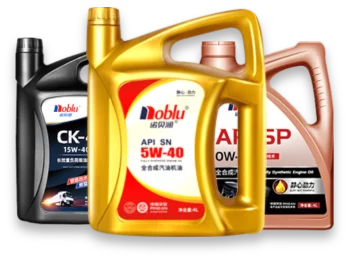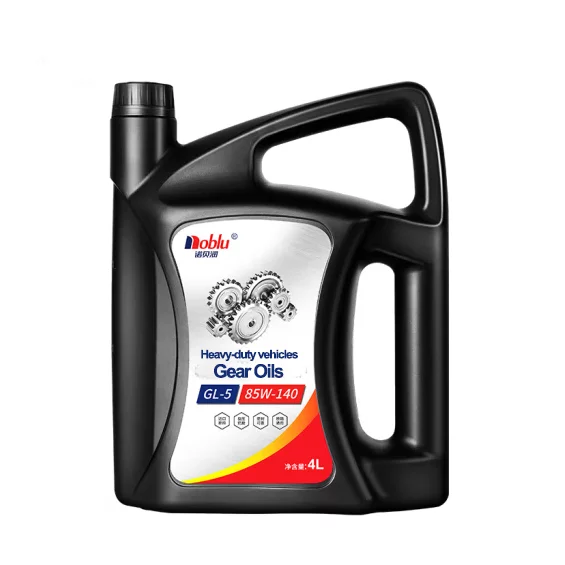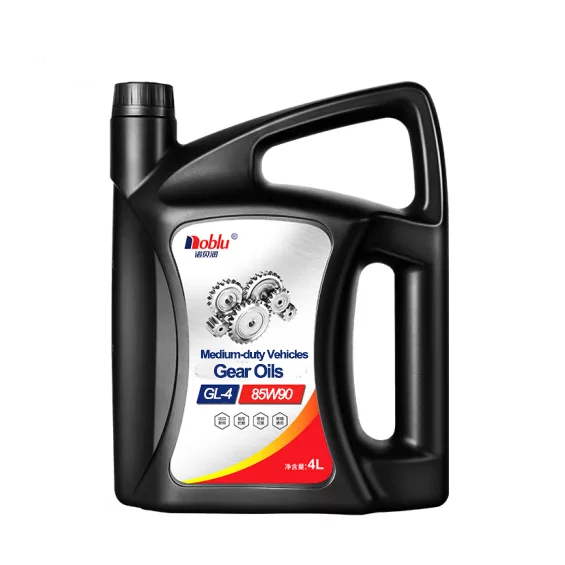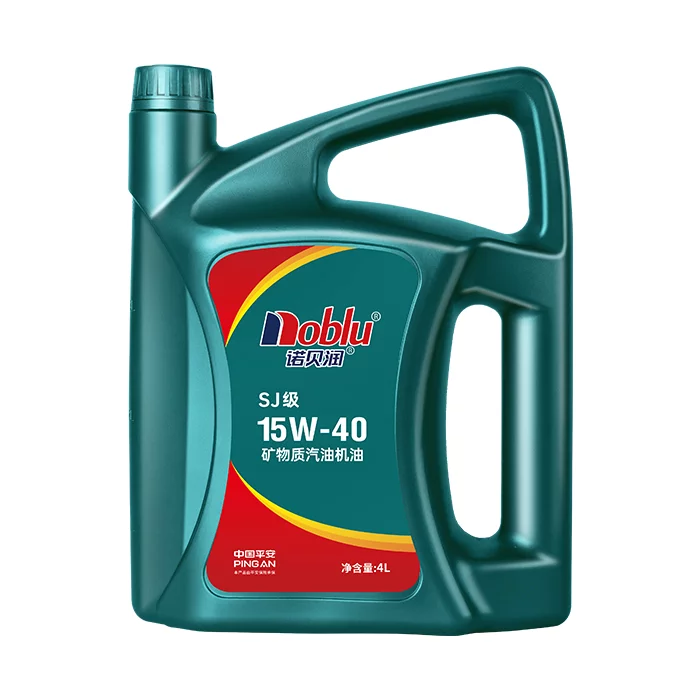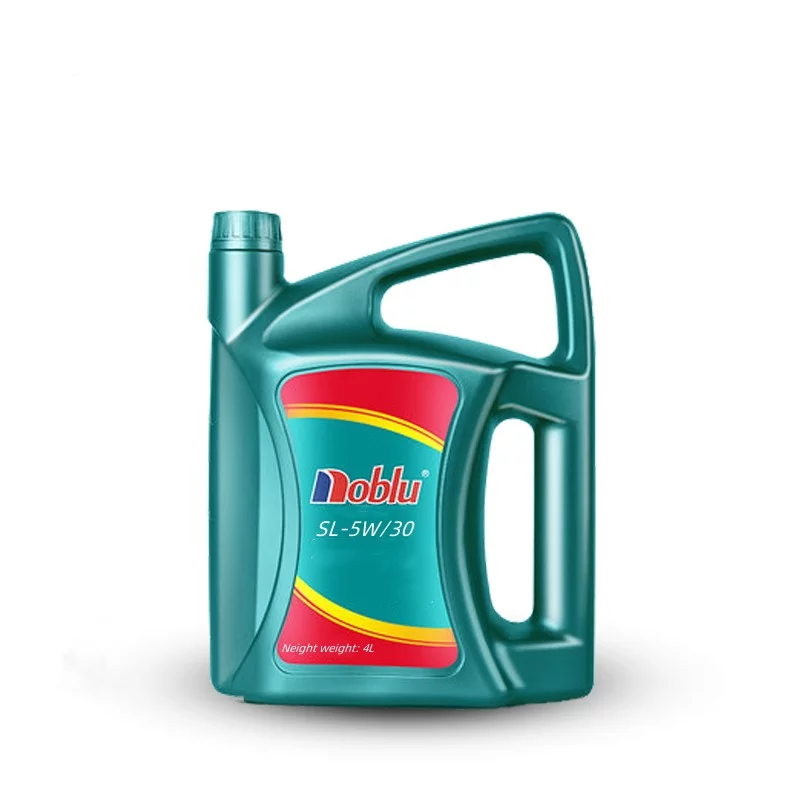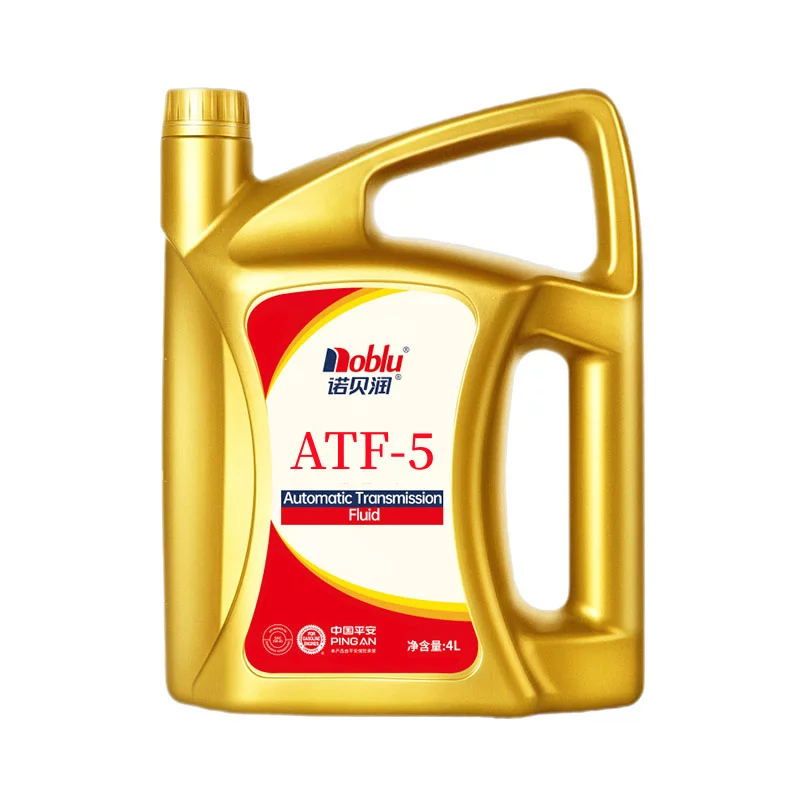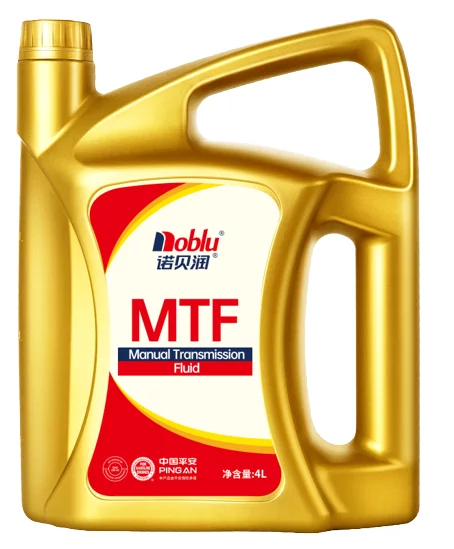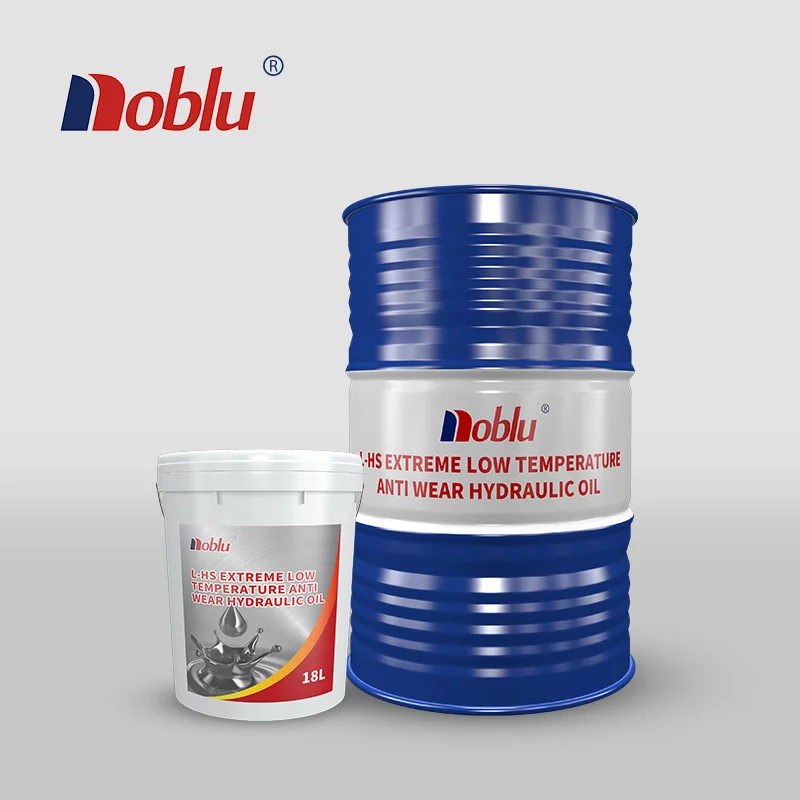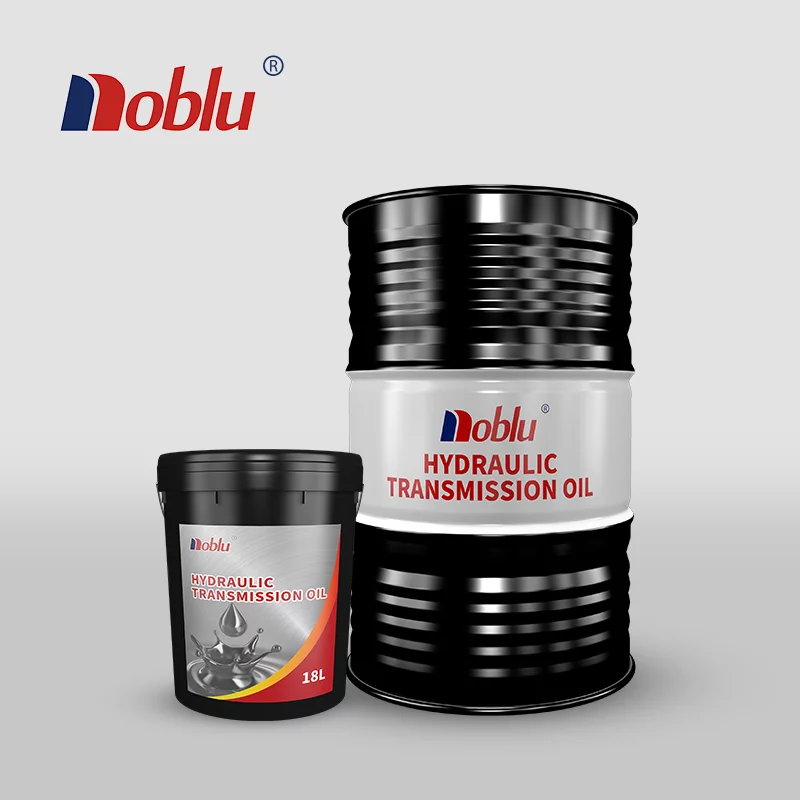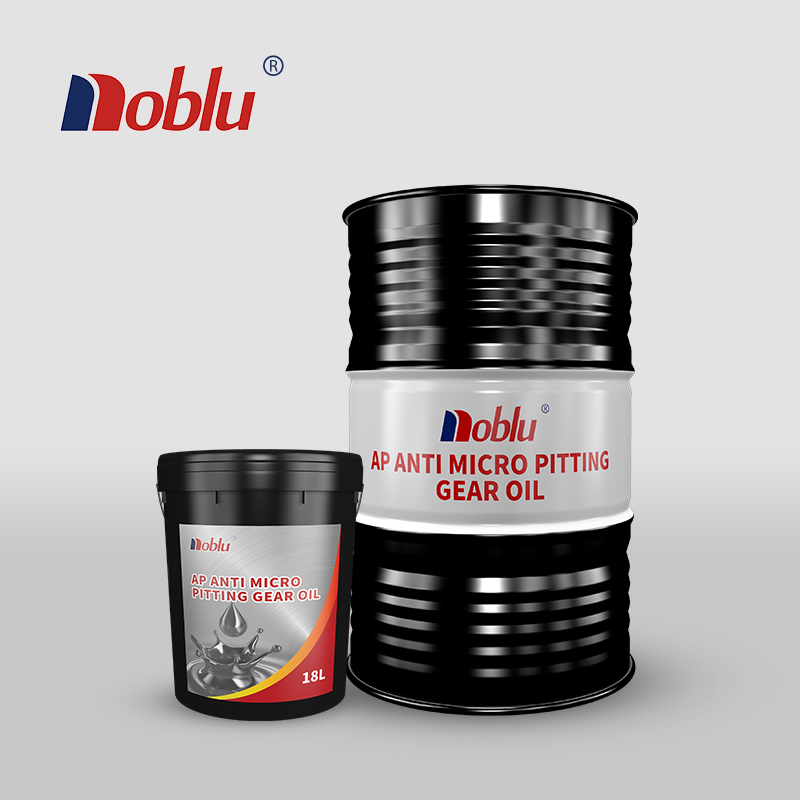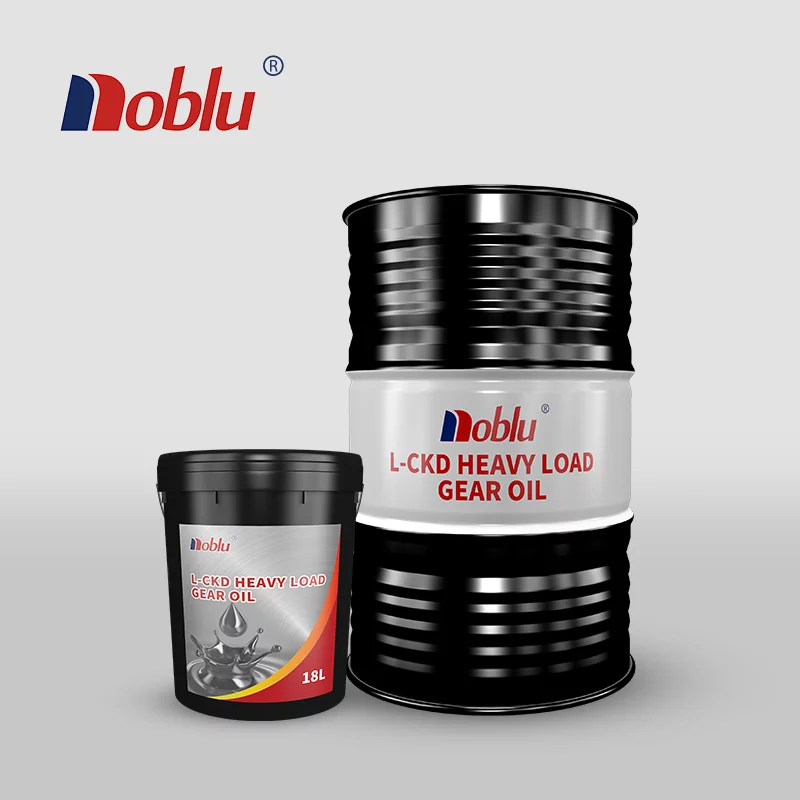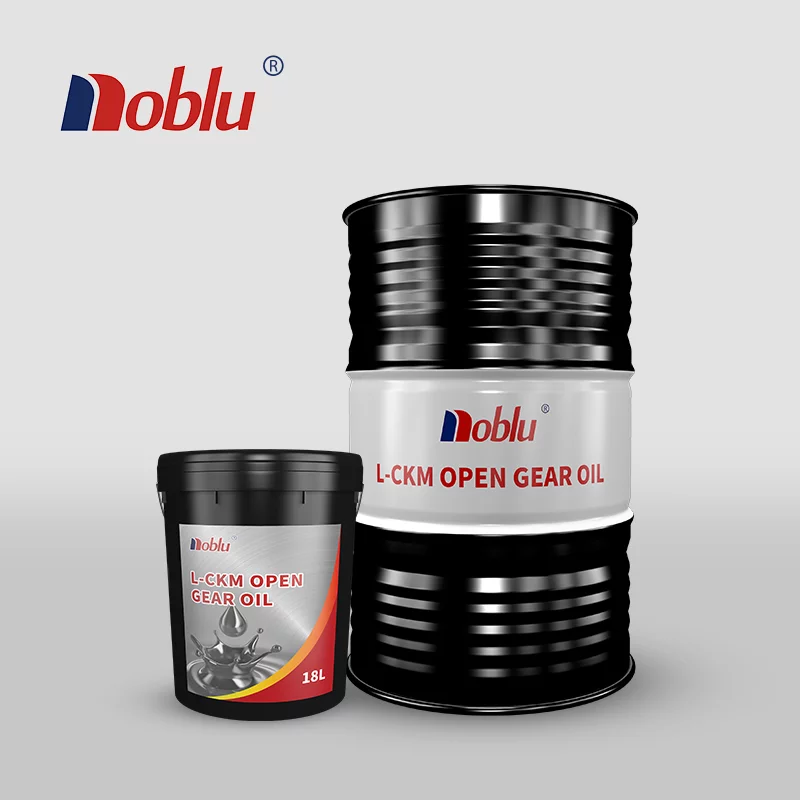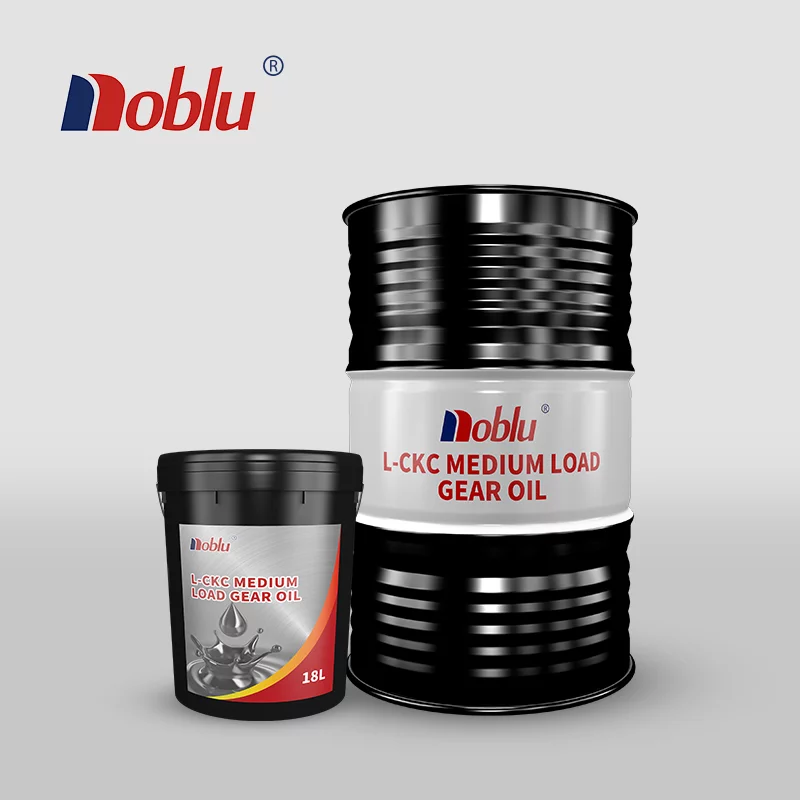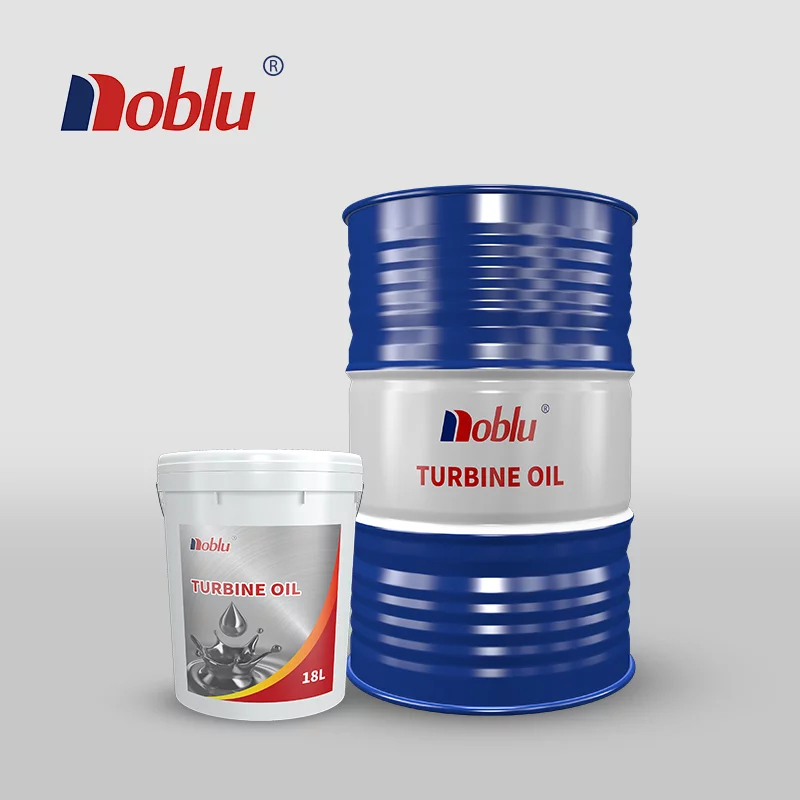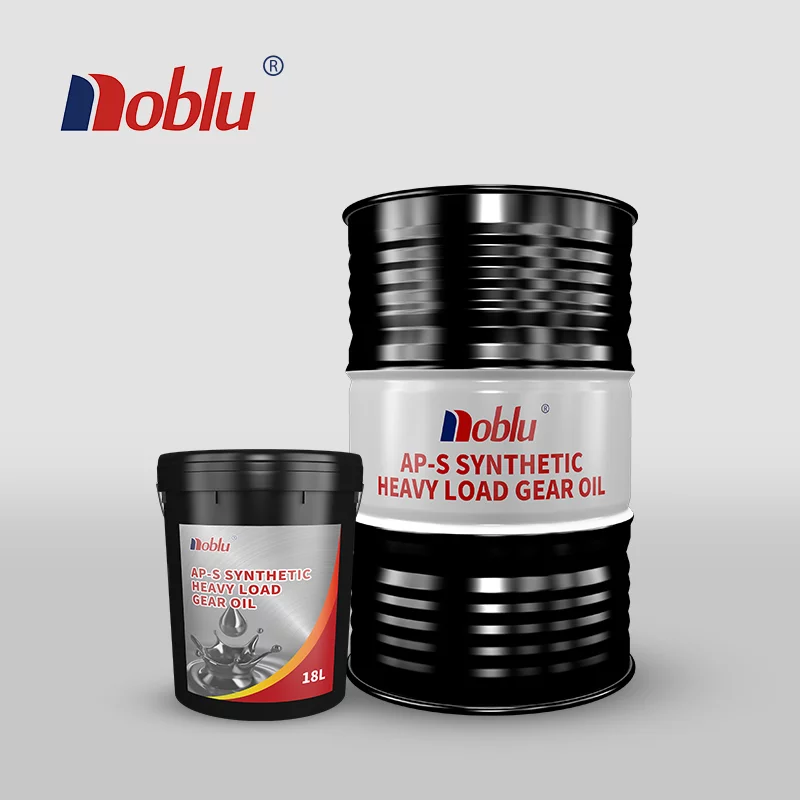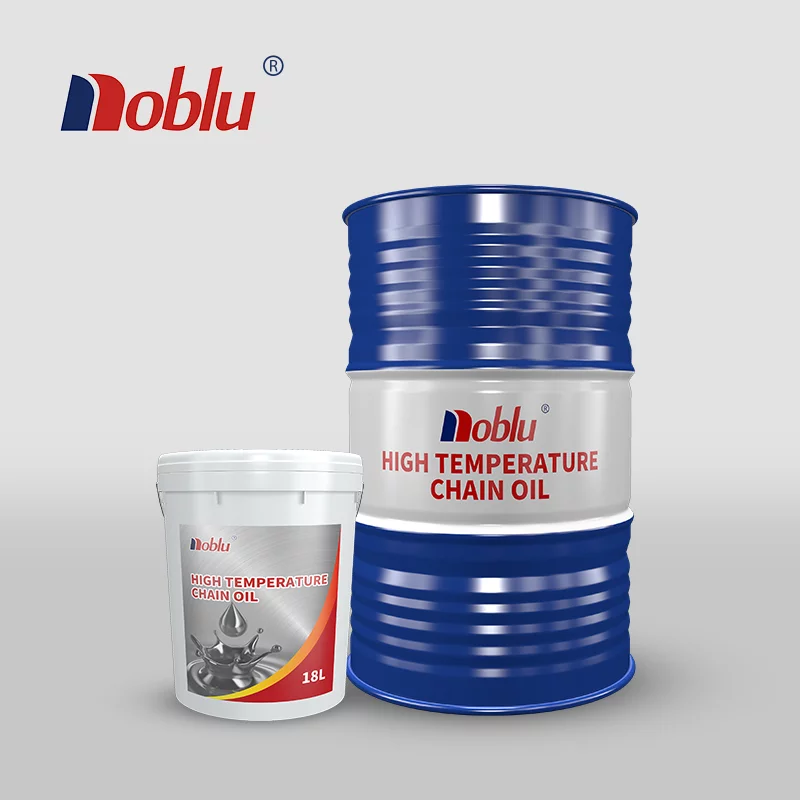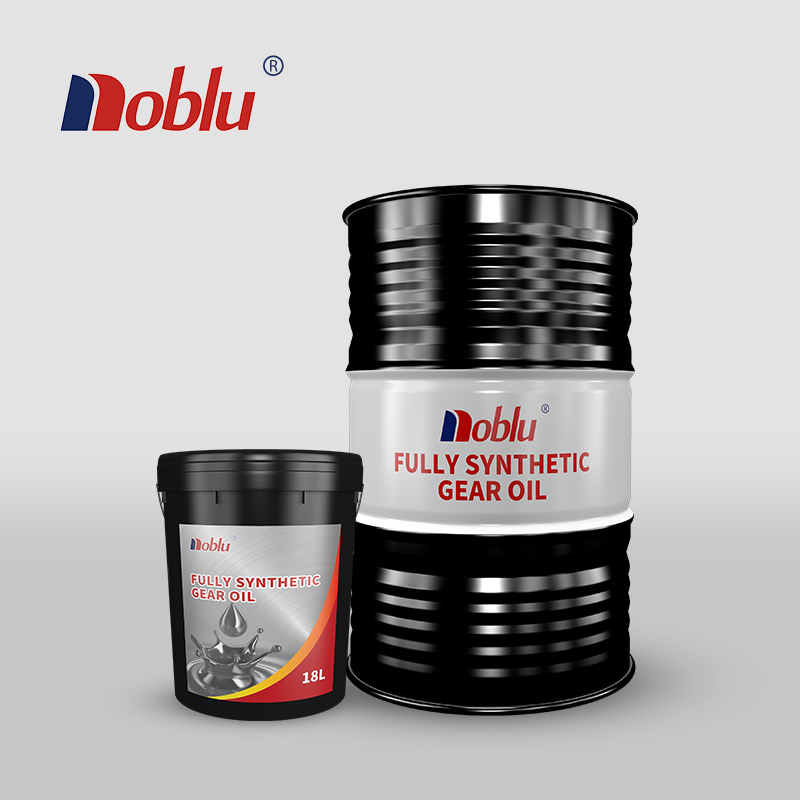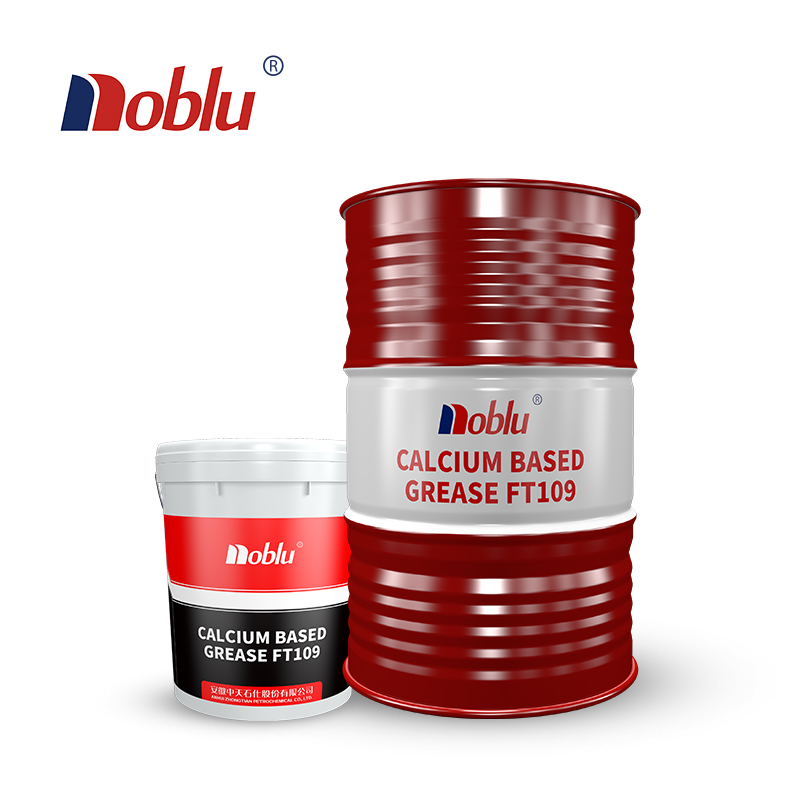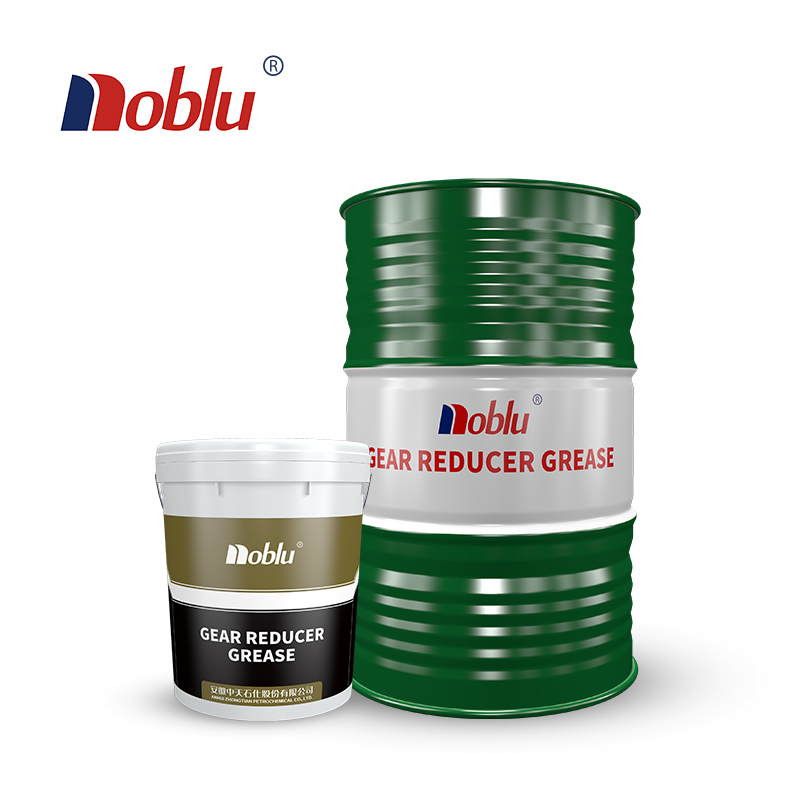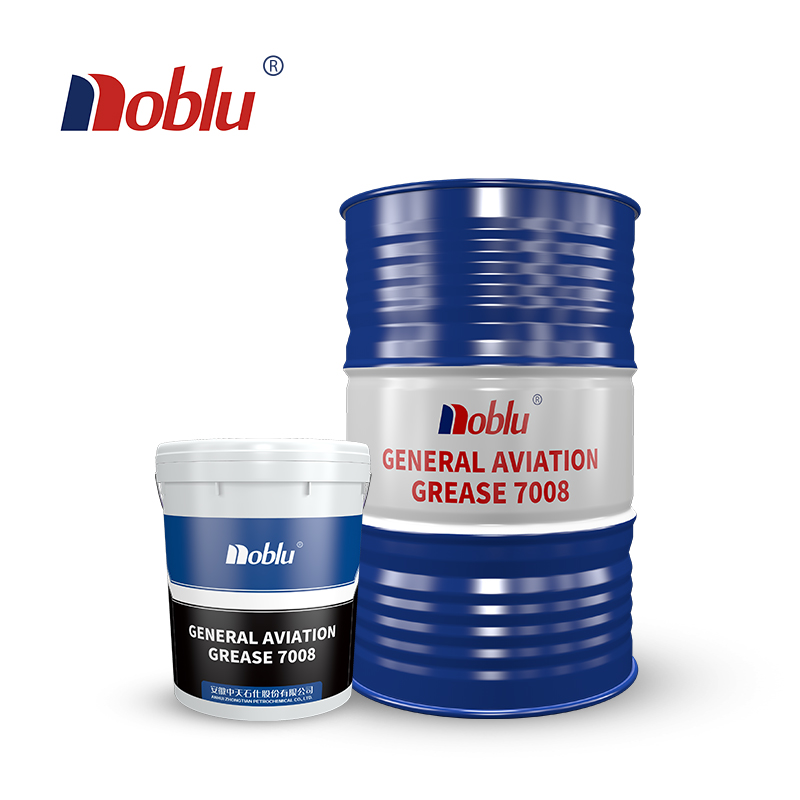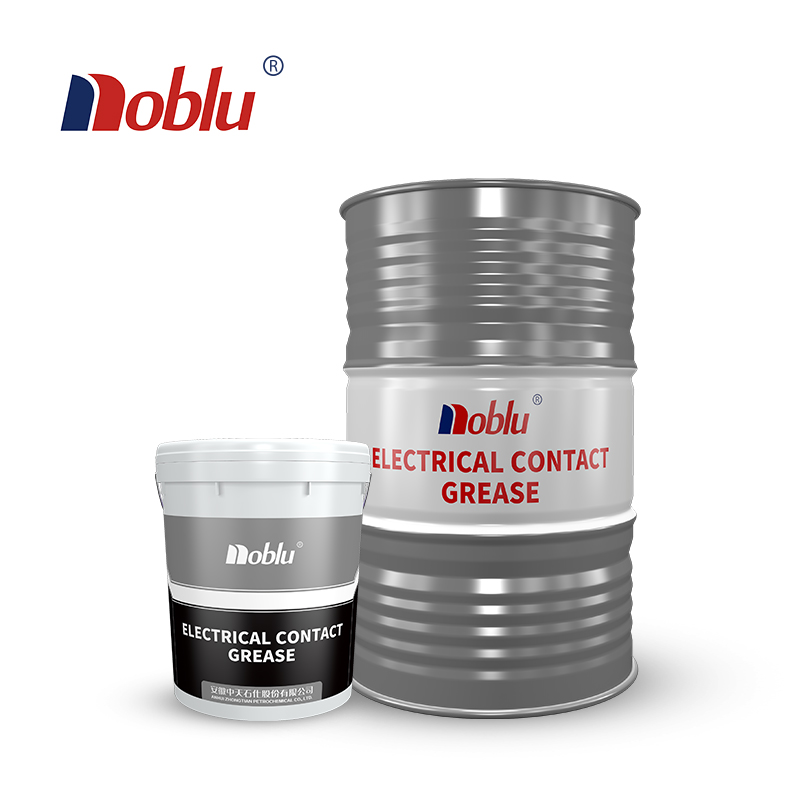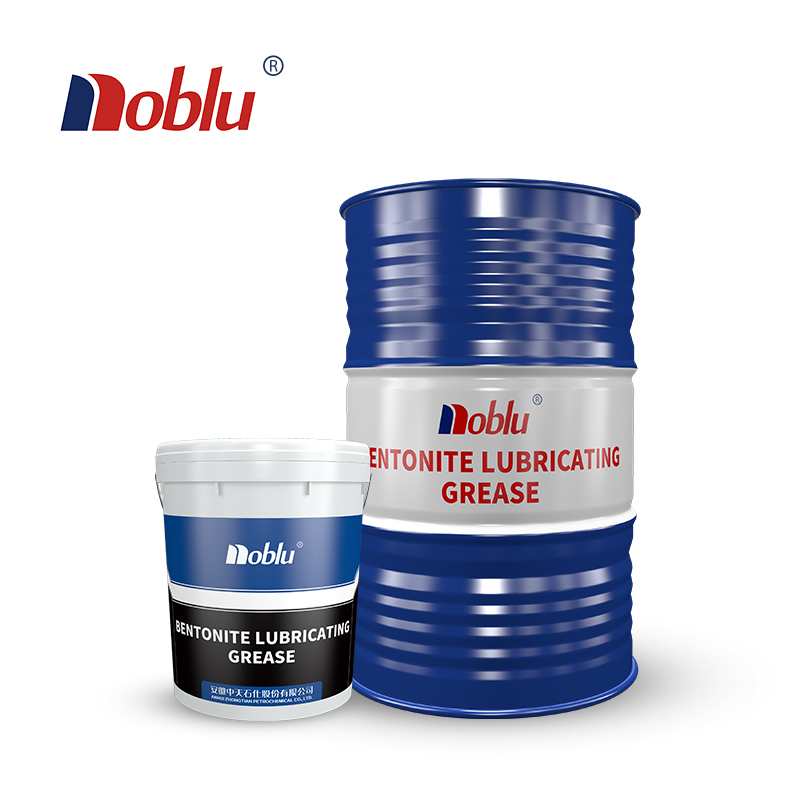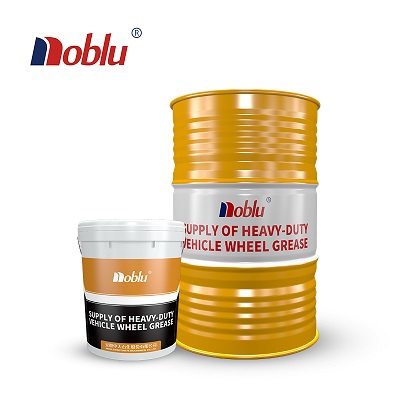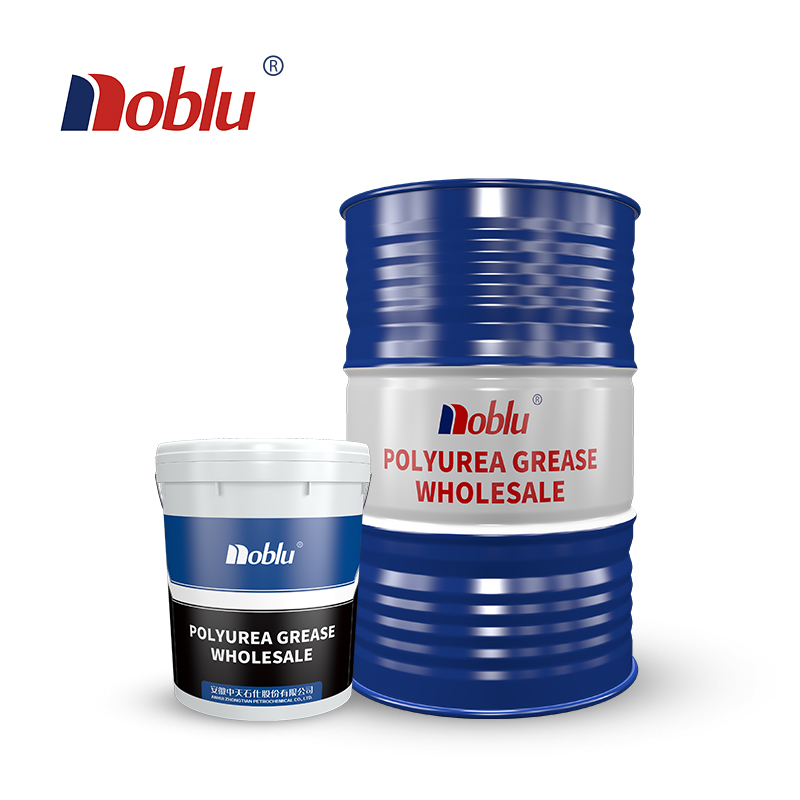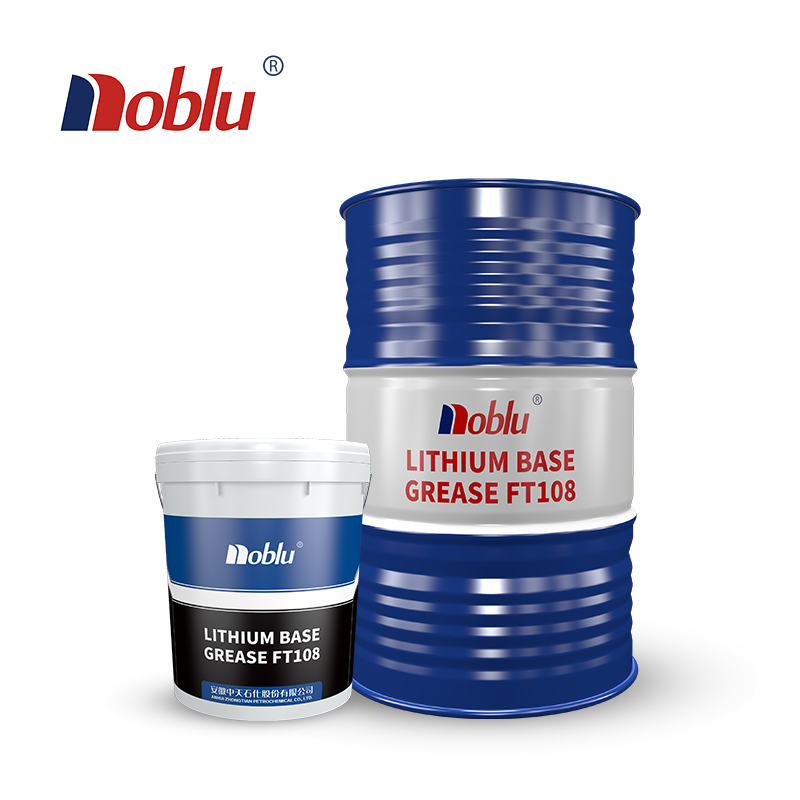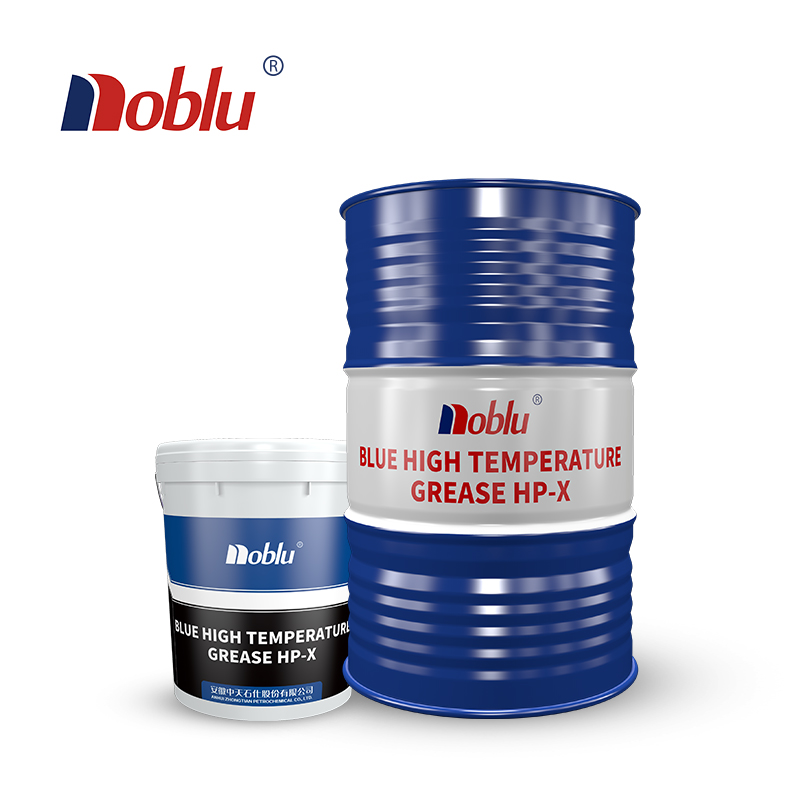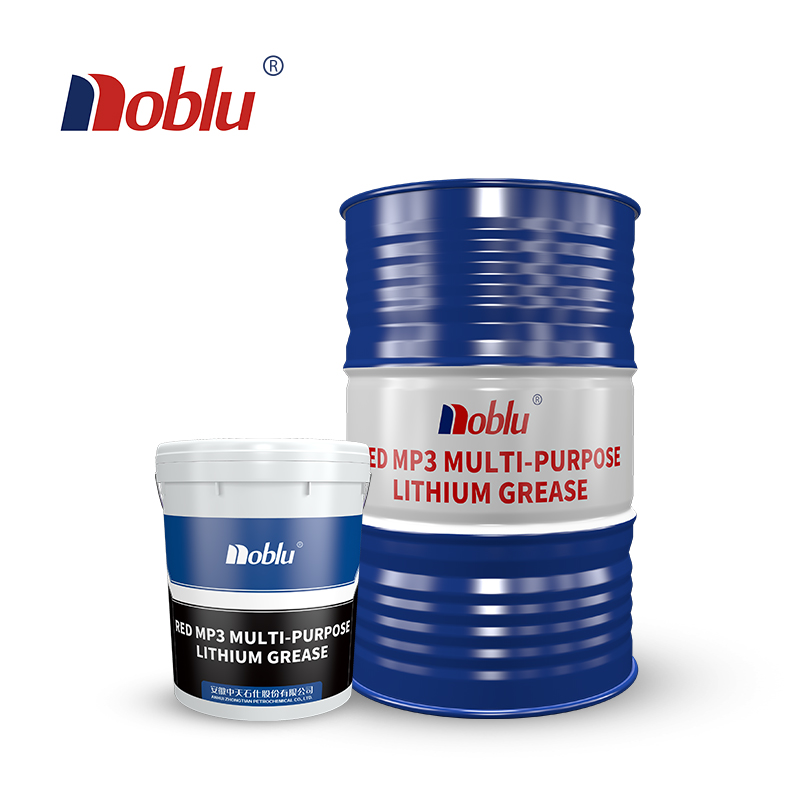In the realm of industrial operations, machinery often encounters extreme thermal conditions that can severely impact performance and longevity. Standard lubricants, designed for typical operating temperatures, frequently fail under such stress, leading to increased friction, accelerated wear, and the potential for catastrophic equipment breakdowns. High temperature grease emerges as a crucial solution in these demanding environments, formulated to maintain its critical properties and ensure the smooth operation of vital machinery even when the heat is on. The increasing sophistication of industrial processes means equipment is often pushed to its performance limits, generating higher operating temperatures that necessitate specialized lubrication. Without lubricants capable of withstanding these elevated temperatures, industries face the risk of frequent maintenance, costly repairs, and significant downtime.
The challenges that standard lubricants face in high-temperature settings are manifold. Ordinary greases can lose their consistency, becoming thin and running away from the very components they are meant to protect. Exposure to significant heat can also trigger thermal stress and oxidative failure in conventional lubricants, causing them to break down chemically. This degradation can manifest in various forms, including a loss of mechanical stability under shear and stress, a reduction in oxidative stability leading to sludge and varnish formation, and a general decline in thermal stability, rendering the lubricant ineffective. The complex interplay of these factors underscores the need for specialized high temperature greases engineered to resist these destructive forces. Equipment manufacturers, recognizing these thermal limitations, must consider the operating temperature range as a fundamental design parameter, making the selection of an appropriate high temperature grease an indispensable engineering decision.
Key Characteristics That Define High Temperature Grease
The effectiveness of high temperature grease stems from a carefully engineered formulation that provides several key characteristics vital for demanding applications.
Exceptional High Temperature Resistance is the most defining trait, as these greases are specifically formulated with heat-resistant base oils and thickening agents that allow them to function effectively at elevated temperatures. Many high temperature greases can reliably operate in continuous temperatures exceeding 130°C to 200°C, with certain advanced formulations capable of withstanding intermittent peaks reaching 300°C or even higher. Real-world examples of where this characteristic is crucial include the lubrication of ejectors in plastic injection molding machines, components in tire production processes, and the wheel bearings of cars operating under demanding conditions. The diverse temperature ranges offered by different high temperature greases highlight the need for users to carefully match the lubricant's thermal capabilities to the specific demands of their application.
Beyond just resisting high temperatures, these specialized lubricants offer Superior Anti-Wear Performance, providing enhanced protection against wear, corrosion, and oxidation. Some high temperature greases are further fortified with advanced additives, such as Tungsten Disulfide (WS2), which imparts exceptional Extreme Pressure (EP) properties, allowing the grease to withstand very high loads without failing. This capability is essential in reducing friction and preventing direct metal-to-metal contact within machinery operating under heavy loads and elevated temperatures. The reduction in friction achieved by these greases can also lead to improved energy efficiency and lower overall operating costs for industrial equipment.
Comparison of Common Grease Thickeners for High Temperature Applications
| Grease Type | Typical Base Oil(s) | Typical Thickener(s) | Typical Operating Temperature Range (°C) | Key Applications |
| Литий | Mineral, Synthetic | Литий | -20 to 120-135 | Automotive, industrial, general purpose |
| Lithium Complex | Mineral, Synthetic (PAO, Esters) | Lithium Complex | -30 to 150-175 | Automotive, industrial, high-load, high-temperature bearings |
| Polyurea | Synthetic, Mineral | Polyurea | -40 to 150-175 | Electric motors, sealed-for-life bearings, high-temperature machinery, steel plants |
| Calcium | Mineral | Calcium | -20 to 60-70 | Marine, industrial, automotive, agricultural applications with water exposure |
| Calcium Complex | Mineral, Synthetic | Calcium Complex | -20 to 190-220 | Automotive, industrial, high temperature, very long life applications |
| Bentonite/Clay | Mineral, Synthetic | Bentonite/Clay | Up to 190-260 | High-temperature applications like ovens, conveyors, kilns, steel mills |
| Sodium | Mineral | Sodium | -20 to 135-150 | High-temperature bearings |
| Sodium Complex | Mineral | Sodium Complex | -20 to 170-190 | High-temperature bearings |
| PAOs | Synthetic (Polyalphaolefins) | Various | -40 to 150+ | Engine oils, gear oils, bearing oils, compressor oils, high-temperature grease, lube-for-life applications |
| Diesters/Polyolesters | Synthetic (Diesters, Polyolesters) | Various | -40 to 150+ | Compressor oils, high-temperature grease, co-base stock with PAOs, bearing oils, gear oils, oil mist, jet engine oils |
| Silicones/PFPEs | Synthetic (Silicones, Perfluoropolyethers) | Various | -40 to 200+ (PFPEs up to 300+) | High-temperature fluids, specialty greases, lubricant-contacting chemicals, some brake fluids |
| Calcium Sulfonate | Mineral, Synthetic | Calcium Sulfonate Complex | -20 to 200+ | Automotive, industrial, high temperature, water resistance, mining |
| Aluminum Complex | Mineral, Synthetic | Aluminum Complex | -30 to 190+ | Food industry, automotive, steel milling, construction, farming (water resistance, high temperature) |
| Fluorinated Hydrocarbon | Synthetic (Fluorinated Hydrocarbon) | Various | Up to 300 | Space applications |
| Polyalkylene Glycols | Synthetic (Polyalkylene Glycols - PAGs) | Various | -40 to 150+ | Refrigeration compressors, brake fluids (water soluble), fire-resistant fluids (water soluble), gas compressors (low gas solubility), worm and high-temperature gears |
| Krytox™ XHT | Synthetic (Perfluoropolyether - PFPE) | PTFE | -70 to 360 | Aviation and aerospace, chemical processing, manufacturing, metal processing, oil and gas exploration, textile manufacturing |
Excellent Chemical Stability is another critical attribute, enabling high temperature greases to resist decomposition or significant evaporation of their base oils when exposed to extreme heat. Certain formulations are also engineered to withstand exposure to water, rust, and humid environments, ensuring consistent performance even in challenging operating conditions. Furthermore, some specialized high temperature greases exhibit resistance to aggressive chemical media, such as the softening and finishing agents used in the textile industry, demonstrating their adaptability to specific industrial needs. Preventing the evaporation of the base oil at high temperatures is particularly important as it helps maintain the lubricant's intended viscosity and volume, both crucial for effective lubrication.
Strong Adhesion Properties are also paramount for high temperature greases, ensuring that the lubricant remains in place on the machinery components, even when subjected to high loads and significant vibrations. This is particularly critical in applications such as railway curve rails, where the grease must adhere to the rail surface despite the sliding forces exerted by train wheels. In dynamic industrial systems, strong adhesion prevents the lubricant from being displaced by centrifugal forces and mechanical stresses, ensuring continuous and reliable lubrication.
Finally, many high temperature greases boast a Wide Operating Temperature Range, capable of functioning effectively not only at very high temperatures but also at significantly lower temperatures. For instance, some advanced formulations can operate across a remarkable range, from -20°C to 800°C , while others provide reliable lifetime lubrication in temperature ranges from -25°C to 180°C. This broad operational window makes high temperature greases versatile solutions suitable for a variety of operating conditions, simplifying lubricant selection and potentially reducing the need for multiple specialized products within a facility.
Diverse Applications Across Key Industries
The unique characteristics of high temperature grease make it an indispensable lubricant across a wide spectrum of industries facing demanding thermal conditions.
В Metallurgy, high temperature greases are essential for lubricating critical components such as rolling mill bearings, oven fan bearings, and furnace hearth rollers, all of which operate under intense heat. These greases find widespread use in steel mills and foundries, where the extreme operating temperatures demand lubricants that can maintain their integrity and prevent equipment failure. The benefits in this sector include reduced overall maintenance costs due to less frequent re-greasing, improved productivity resulting from minimized downtime, and decreased grease consumption due to the lubricant's stability at high temperatures.
The Electricity sector also benefits from high temperature grease, particularly in the form of silicone dielectric grease. This specialized lubricant is used in automotive lighting systems, various electrical components like fuses and battery terminals, and even in home electrical systems. Its high temperature resistance helps prevent voltage leakage, protects against corrosion, and stops bulbs from fusing to sockets, ensuring the reliable and safe operation of electrical systems.
В Chemical Processing, where equipment often encounters both high temperatures and corrosive substances, specialized high temperature greases are crucial. Barium complex grease, known for its high temperature tolerance and resistance to chemical attack, is commonly used in chemical plants. Additionally, high temperature greases formulated with synthetic base oils and high-performance thickeners are well-suited for lubricating furnaces and ovens used in various chemical processes.
The Автомобильный industry is a significant consumer of high temperature grease, recognizing its importance for components like wheel bearings, chassis lubrication points, and various engine parts, especially in heavy-duty trucks and high-performance vehicles that generate considerable heat. The use of these greases helps extend the service life of critical bearings, improves the overall efficiency of vehicle operation, and can lead to long-term cost savings by reducing the frequency of replacements and maintenance.
The Railway industry relies on high temperature grease for the effective lubrication of curve rails, fishplates connecting rail sections, and switchplates that allow trains to change tracks. In regions with cold climates, high temperature grease plays a vital role in ensuring the functionality of switch heaters, preventing the switchblades from freezing and sticking, which could lead to significant operational disruptions. The use of appropriate high temperature grease in railway applications contributes to smoother train movement, reduces wear on critical components, and minimizes the potential for dangerous derailments.
The Papermaking industry presents a unique set of challenges for lubricants due to the combination of high operating temperatures, exposure to harsh paper processing chemicals, and the presence of steam and water. High temperature greases are essential for lubricating corrugator bearings on heated rolls, as well as in various other pulp and paper machinery operating under these extreme conditions. These specialized greases are formulated to resist the degrading effects of heat, chemicals, steam, and water, ensuring the continuous and efficient production of paper products.
The Food Industry has stringent requirements for lubricants that may come into incidental contact with food products. Food-grade high temperature greases, certified by NSF H1, are used in a variety of equipment, including ovens, fryers, conveyors, and filling machinery. These greases must be non-toxic, odorless, tasteless, and resistant to degradation from food products, water, and steam, ensuring the safety and quality of the manufactured food.
Finally, in Textile Manufacturing, high temperature greases are used in the bearings of textile dryers and tenter frames, which operate at elevated temperatures to dry and set fabrics. These greases must also be capable of resisting the aggressive chemical media used in textile processing, such as softening and finishing agents, to ensure reliable performance and prevent contamination of the textiles.
Selecting the Right High Temperature Grease for Your Needs
Choosing the correct high temperature grease for a specific application requires careful consideration of several critical factors to ensure optimal performance and prevent equipment failures. The continuous and intermittent operating temperatures are paramount, as the grease must be able to withstand the maximum heat encountered without degrading. The ambient temperature of the environment where the equipment operates also plays a role in the grease's overall performance. The load and speed at which the equipment operates will influence the required viscosity and EP properties of the grease. The viscosity of the base oil is a key determinant of the grease's ability to provide a lubricating film at the operating temperature.
The type of thickener used in the grease (such as lithium complex, polyurea, or calcium sulfonate) and its dropping point (the temperature at which it transitions from a semi-solid to a liquid) are crucial indicators of its high-temperature capabilities. The grease's resistance to oxidation and thermal degradation is also a vital consideration for long-term performance. Furthermore, the grease should offer adequate resistance to water, chemicals, and other potential contaminants present in the operating environment. Compatibility with any existing grease being used and the materials of construction of the machinery is essential to avoid adverse reactions. Finally, the desired relubrication intervals will influence the selection of a grease with appropriate longevity and stability. Whether the application involves intermittent or continuous high-temperature operation, as well as the presence of heating and cooling cycles, should also be taken into account. In some sensitive applications, the potential for cosmetic issues or contamination from the grease might also be a relevant factor. The multitude of these considerations underscores the complexity of selecting the optimal high temperature grease.
For applications involving very high temperatures, synthetic base oils such as Polyalphaolefins (PAOs), Polyalkylene Glycols (PAGs), esters, silicones, or Perfluoropolyethers (PFPEs) are often preferred due to their superior thermal stability. Lithium complex and polyurea thickeners are commonly chosen for their good high-temperature performance and resistance to breakdown. In situations with heavy loads and extreme pressure, selecting a grease formulated with EP additives is crucial for preventing wear and ensuring reliable operation. For environments where moisture is prevalent, calcium-based or aluminum complex greases may offer better water resistance. Finally, for applications in the food processing industry, it is absolutely essential to choose a high temperature grease that holds NSF H1 certification to guarantee its safety in case of incidental food contact.

